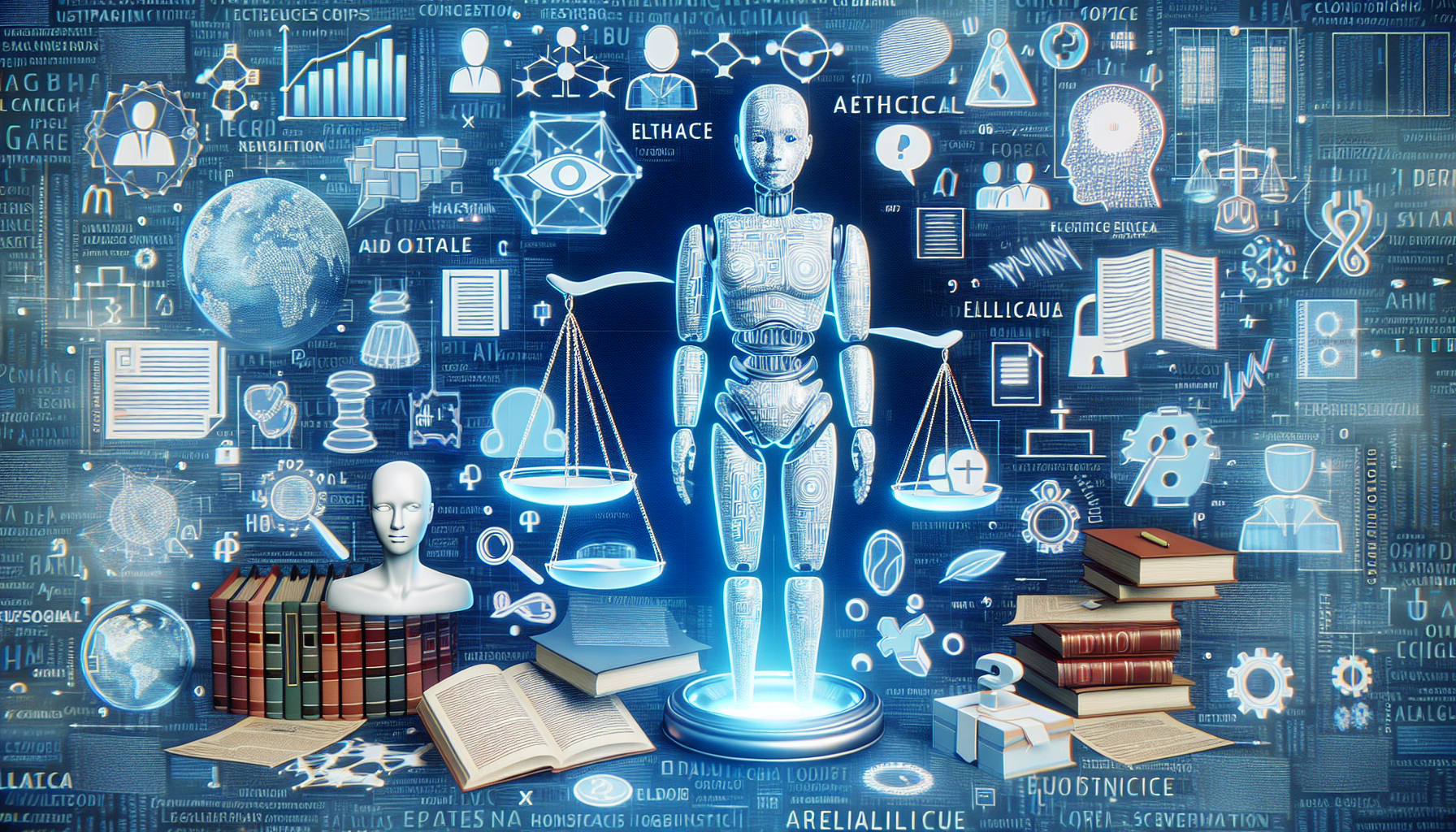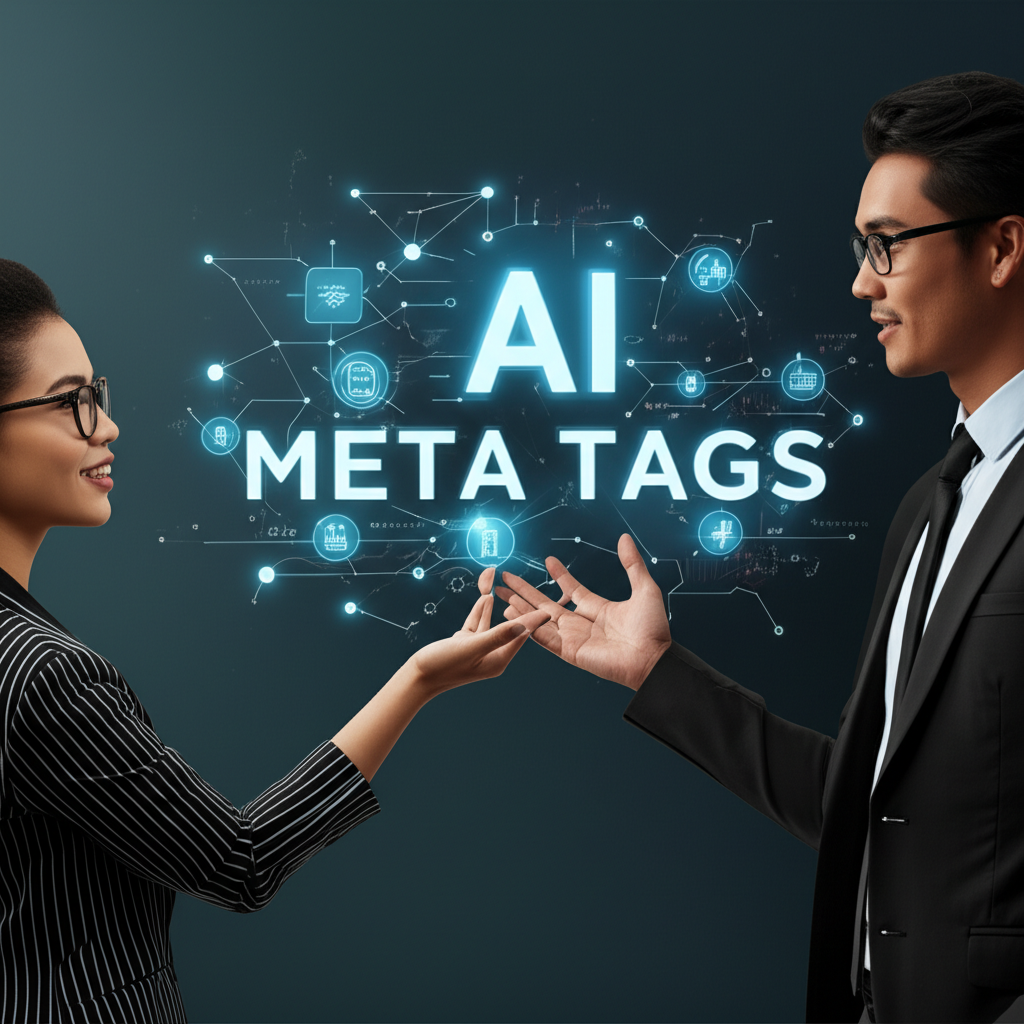AI Chatbots in Legal Services: Balancing Innovation and Ethical Concerns
Estimated reading time: 5 minutes
- Embrace lifelong learning: Stay informed about the latest developments in AI and legal technology.
- Prioritize data security: Implement robust data protection measures to safeguard client information.
- Communicate transparently: Clearly inform clients about the use and limitations of AI chatbots.
- Collaborate with experts: Work with AI and ethics experts to develop effective strategies.
- Maintain human oversight: Use AI chatbots as a complement to human expertise.
The Rise of AI Chatbots in Legal Services
Ethical Considerations and Challenges
Balancing Innovation and Ethics
Practical Takeaways for Legal Professionals
FAQ
The Rise of AI Chatbots in Legal Services
AI chatbots are increasingly being adopted by law firms and legal departments to streamline operations and enhance client engagement. These intelligent conversational agents can handle a wide range of tasks, from answering basic legal queries to assisting with document drafting and case research. By leveraging natural language processing (NLP) and machine learning, AI chatbots can understand and respond to user inquiries in a human-like manner, providing instant and personalized support.
The potential benefits of AI chatbots in legal services are significant. They can help reduce the workload of legal professionals by automating repetitive and time-consuming tasks, such as answering frequently asked questions or guiding clients through standard legal processes. This frees up valuable time for attorneys and paralegals to focus on more complex and strategic matters. Additionally, AI chatbots can improve accessibility to legal information and services, particularly for individuals who may not have the means to hire a lawyer or navigate the legal system on their own.
Ethical Considerations and Challenges
While the adoption of AI chatbots in legal services presents exciting opportunities, it also raises important ethical concerns that must be addressed. One of the primary challenges is ensuring the accuracy and reliability of the information provided by these chatbots. As AI systems are trained on vast amounts of legal data, there is a risk of perpetuating biases or providing incorrect or outdated information. It is crucial for legal organizations to implement rigorous quality control measures and regularly update the knowledge bases of their AI chatbots to maintain the highest standards of accuracy and integrity.
Another ethical consideration revolves around data privacy and security. AI chatbots often handle sensitive client information, including personal details and confidential legal matters. Ensuring the secure storage and transmission of this data is of utmost importance to protect client privacy and maintain trust in the legal system. Law firms and legal departments must implement robust data protection protocols and adhere to relevant regulations, such as the General Data Protection Regulation (GDPR) and the American Bar Association’s Model Rules of Professional Conduct.
Transparency and accountability are also key ethical considerations when deploying AI chatbots in legal services. Clients interacting with these chatbots should be fully informed about the nature of the technology and its limitations. It is essential to clearly communicate that the chatbot is an AI-powered tool and not a substitute for personalized legal advice from a qualified attorney. Additionally, there should be clear mechanisms in place for clients to escalate their inquiries to human legal professionals when necessary, ensuring that complex or sensitive matters receive the appropriate level of attention and expertise.
Balancing Innovation and Ethics
As the legal industry embraces AI chatbots, it is crucial to strike a balance between innovation and ethical responsibility. Legal organizations must approach the implementation of these technologies with a thoughtful and measured approach, prioritizing the interests and well-being of their clients. This involves investing in ongoing training and education for legal professionals to ensure they are equipped to work alongside AI chatbots effectively and ethically.
Moreover, the legal community as a whole must engage in open and constructive dialogue about the ethical implications of AI in legal services. Collaboration between legal professionals, technology experts, and ethicists is essential to develop guidelines and best practices that promote responsible and transparent use of AI chatbots. By proactively addressing ethical concerns and establishing clear frameworks for the deployment of these technologies, the legal industry can harness the power of AI while upholding the highest standards of professionalism and integrity.
Practical Takeaways for Legal Professionals
For IT professionals, legal secretaries, attorneys, and paralegals navigating the integration of AI chatbots into their workflows, here are some practical takeaways:
- Embrace lifelong learning: Stay informed about the latest developments in AI and legal technology to effectively leverage these tools in your practice.
- Prioritize data security: Implement robust data protection measures and adhere to relevant regulations to safeguard client information.
- Communicate transparently: Clearly inform clients about the use of AI chatbots and their limitations, ensuring they understand the technology’s role in their legal matters.
- Collaborate with experts: Work closely with AI and ethics experts to develop responsible and effective strategies for integrating chatbots into your legal services.
- Maintain human oversight: Ensure that AI chatbots are used as a complement to, rather than a replacement for, human legal expertise. Establish clear protocols for escalating complex or sensitive matters to qualified attorneys.
At Company Name, we are at the forefront of leveraging AI technology to revolutionize legal services. Our team of experienced legal professionals and AI experts collaborates closely to develop and deploy cutting-edge chatbot solutions that enhance efficiency, accessibility, and client satisfaction. By combining our deep understanding of the legal landscape with the power of AI, we help our clients navigate the complexities of the legal system with confidence and ease.
If you’re interested in learning more about how AI chatbots can transform your legal operations or if you have any questions about the ethical considerations surrounding this technology, we invite you to explore our services further or contact us for more information. Visit https://legalgpts.com/contact-us/ to take the first step towards embracing the future of legal services while upholding the highest standards of ethics and professionalism.
FAQ
1. What are AI chatbots?
AI chatbots are intelligent software applications that use machine learning and natural language processing to simulate human conversation, providing support in various tasks.
2. How can AI chatbots benefit legal professionals?
They can automate routine tasks, improve efficiency, and enhance access to legal information for clients, allowing legal staff to focus on more complex issues.
3. What ethical concerns should be addressed?
Concerns include data privacy, accuracy of information, and ensuring transparency regarding the limitations of AI chatbots.
4. Is human oversight necessary when using AI chatbots?
Yes, human expertise is essential to manage complex legal matters and provide personalized legal advice.
5. Where can I learn more about AI in legal services?
Visit https://legalgpts.com/contact-us/ for more information.




